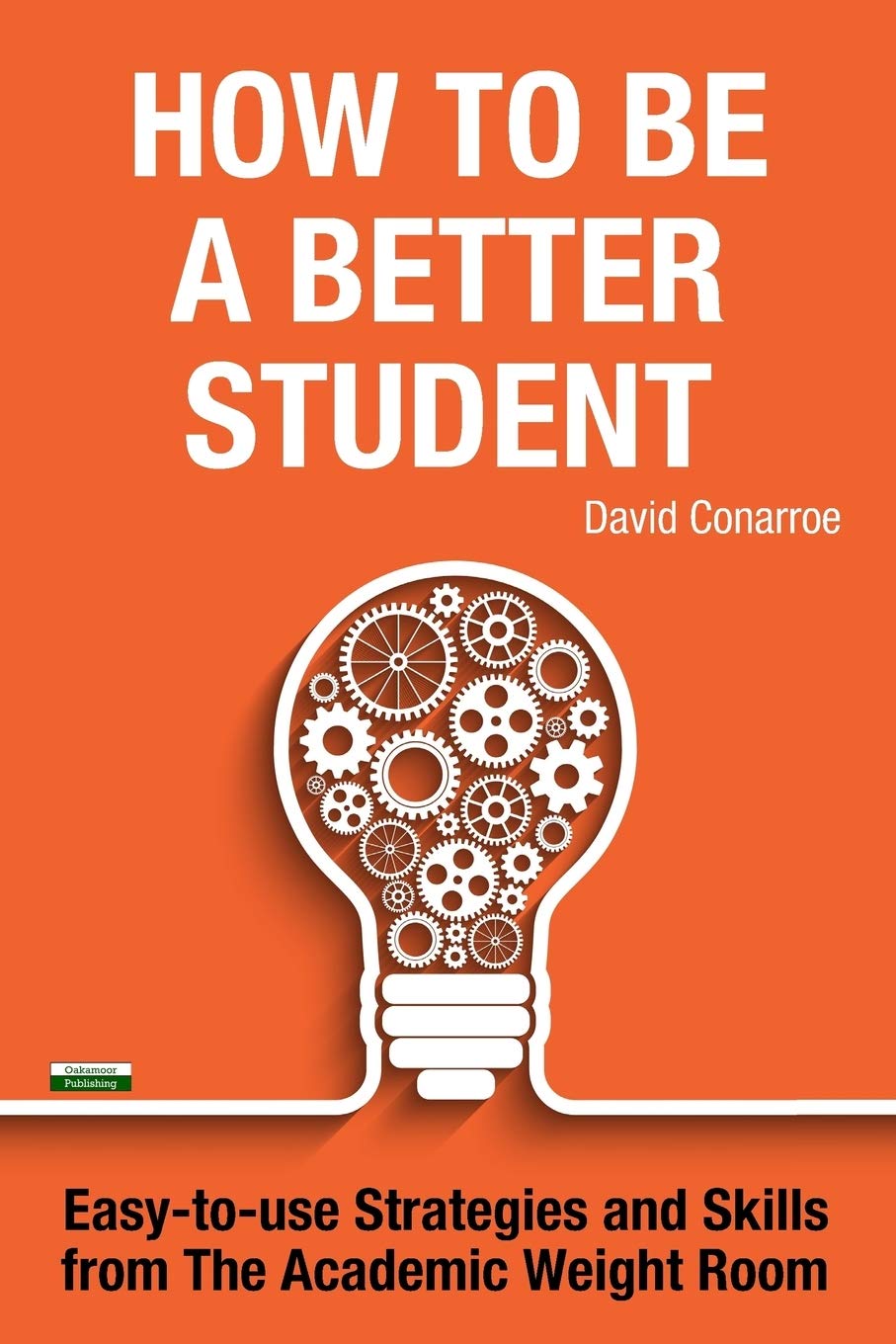Whether you are a new student or you’ve always been a poor student, it’s important to remember that the big-time professionals were once good students. They put in hours every day and sometimes walked miles to get to class, and ended up being among the top students in the world. Take your studies seriously and eliminate procrastination. Then, you’ll be able to achieve your educational goals in the future.
Motivation to become a better student
The study investigated the associations between motivational constructs and school grades. Results indicated that gifted students had higher motivational constructs than typical students. This suggests that a variety of factors influence a student’s motivation. Here are some ideas to help boost a student’s motivation. Let us discuss these factors one by one. Read on to discover the most effective strategies for improving student motivation. And, don’t forget to share your strategies with other students!
Students need to be able to generate their own motivation. Oftentimes, teachers can help them find personal reasons for doing classwork. Perhaps, students like to learn, or they find the materials interesting. Whatever the reason is, motivating a student can help them achieve their academic goals. In addition, a good teacher can help students find reasons to enjoy their classes. Motivation can even help a student deal with bad grades, instead of viewing them as failures.
Researchers have found that ability self-concept is the strongest predictor of academic achievement. However, the remaining constructs of motivation explained less than 5% of the variance in academic achievement. The study found that ability self-concept tended to be influenced more by prior grades. However, students who were motivated to learn a certain subject were more likely to do well if their previous grades were high. This may be because students have high expectations.
Skills needed to become a better student
In today’s world, good study habits are imperative for success. Even the brightest high school students struggle to develop good study habits. In addition to reading text books, taking notes, using the library and taking multiple-choice tests, students should also master the art of handling money. These skills include knowing how to balance a checkbook, how to use an ATM, and reading a bank statement. They should also learn how to communicate well with their roommates and set healthy boundaries.
Writing is an important skill that is not subject specific. It is useful in every subject, whether it’s history, English, philosophy, or economics. Students should practice writing on a daily basis and learn to use writing prompts to generate ideas. Additionally, writing groups are beneficial because students can share ideas and sources while improving their own writing. Finally, they can receive feedback from fellow writers, which will help them develop clearer writing.
Developing these skills will not only help you succeed in college, but will also help you outside of the classroom. The old adage “the squeaky wheel gets the grease” applies to college students. You can use these skills to speak up for yourself, even when it’s challenging. However, it’s a vital part of success in college. So, how do you develop these skills?
Ways to become a better student
Being a student is no walk in the park, but it’s worth the effort. You’re going to need a job at some point, and your school performance will reflect on your future employment. As such, it’s best to avoid bad habits, as well as putting in more effort. Listed below are some strategies that you can use to become a better student. If you apply yourself in school, you’ll find that your grades will improve remarkably!
First, make sure you set goals. Having short-term goals will help you remain motivated. For instance, if you’re having trouble with a particular subject, it’s a good idea to read up on the subject. Also, reading ahead of time will help you stay engaged in class. The sooner you start, the better. If you’re not motivated, it’s easier to give up on the subject altogether.
Secondly, set a time every day for studying. Make sure to study when you wake up and stay focused. When you’re studying, it’s important to take breaks, and if you don’t have a quiet place to study, wear noise cancellation headphones to reduce background noise. Try to finish your homework early, and set a reward for every assignment. Also, take care to get enough sleep. A good night’s sleep will make studying easier.

